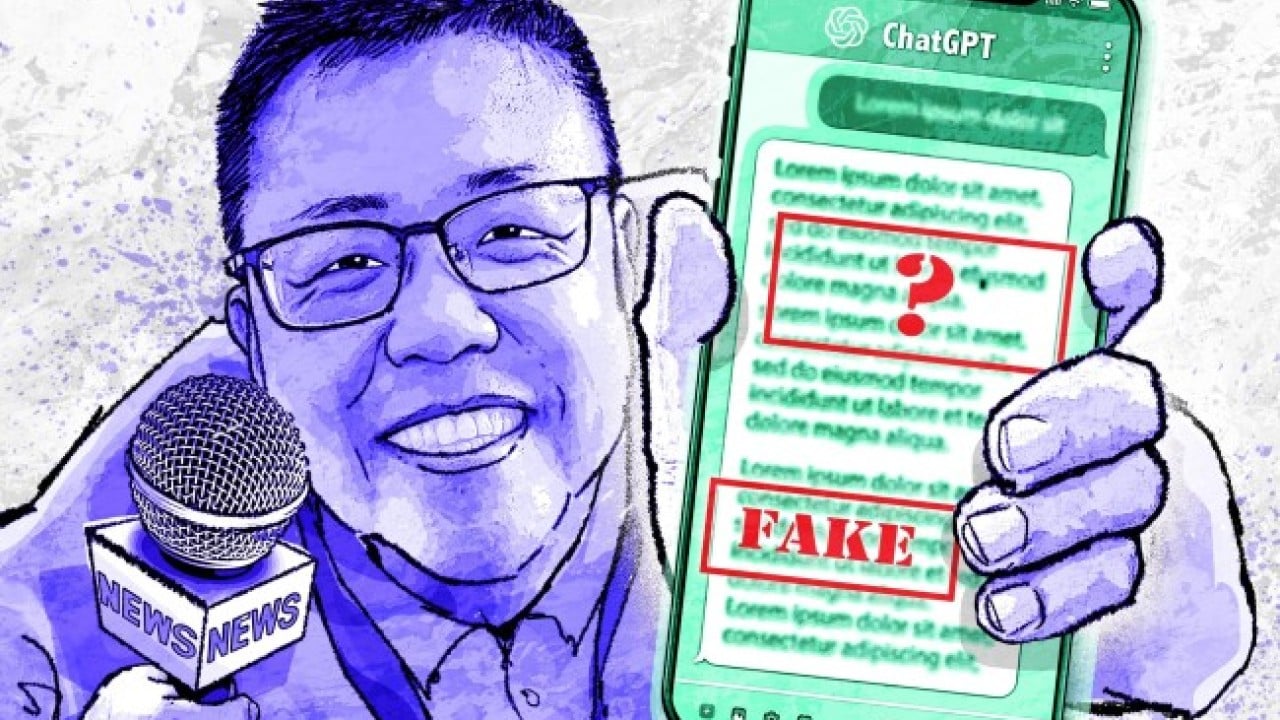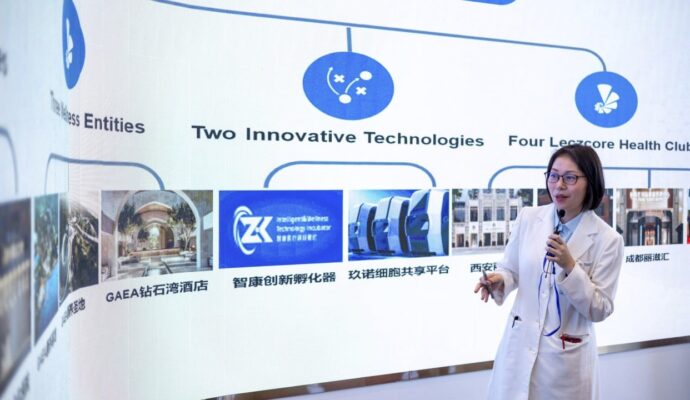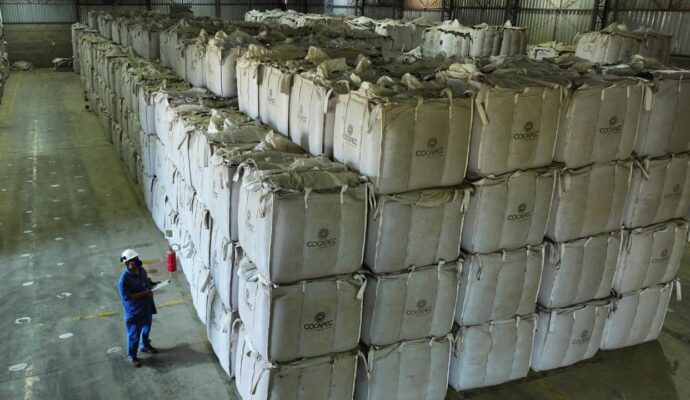This is the first time the public has been made aware of a detention by Chinese authorities after Beijing’s first provisions to regulate the use of “deepfake” technology officially took effect in January.
The police said they traced the origins of the article to a company owned by the suspect Hong, which operated personal media platforms registered in Shenzhen in Guangdong province in southern China. Some 10 days later a police team searched Hong’s home and his computer and detained him.
The statement said Hong confessed to bypassing Baijiahao’s duplication check function to publish on multiple accounts he had acquired. He input the elements of trending social stories in China from past years into ChatGPT to quickly produce different versions of the same fake story and uploaded them to his Baijiahao accounts, it said.
While ChatGPT is not directly available to Chinese IP addresses, Chinese users can still access its service if they have a reliable VPN connection.
The Gansu public security department said Hong was suspected of the crime of “picking quarrels and provoking trouble”, a charge that normally carries a maximum sentence of five years. But in cases that are deemed especially severe, offenders can be jailed for 10 years and given additional penalties.
In 2013, the Chinese authorities extended it to cover people deemed to have posted and spread false news or rumours online.
China’s top internet regulator has long voiced concern that unchecked development and use of deep synthesis technology could lead to its use in criminal activities such as online scams or defamation.
China’s regulations, which were jointly introduced by the Cyberspace Administration of China, the Ministry of Industry and Information Technology and the Ministry of Public Security, say videos and photos made using deep synthesis technology must be “clearly labelled” to prevent public confusion.
Previously, the regulation of deep synthesis was spread between multiple authorities, but the move to implement a stand-alone regulation shows China wants to rein in the rapid development of the technology and the regulatory challenges it faces.
One of the most common and notorious applications of the technology is the deepfake, where synthetic media is used to swap the face or voice of one person for another. It is getting more difficult to detect such content because of the advancement of the technology, which has been now used around the world to generate fake celebrity porn videos, produce fake news and commit financial fraud.
Western social media platforms such as Twitter and Facebook have also introduced measures to detect and prevent the spread of disinformation generated by deepfake technology.
As ChatGPT has gone viral in recent months, China’s law enforcement agencies have repeatedly voiced suspicion, and even warnings, about the technology.
In one of the first comments on the chatbot made by the Chinese security apparatus, police in Beijing specifically warned the public in February to be wary of “rumours” generated by ChatGPT.



